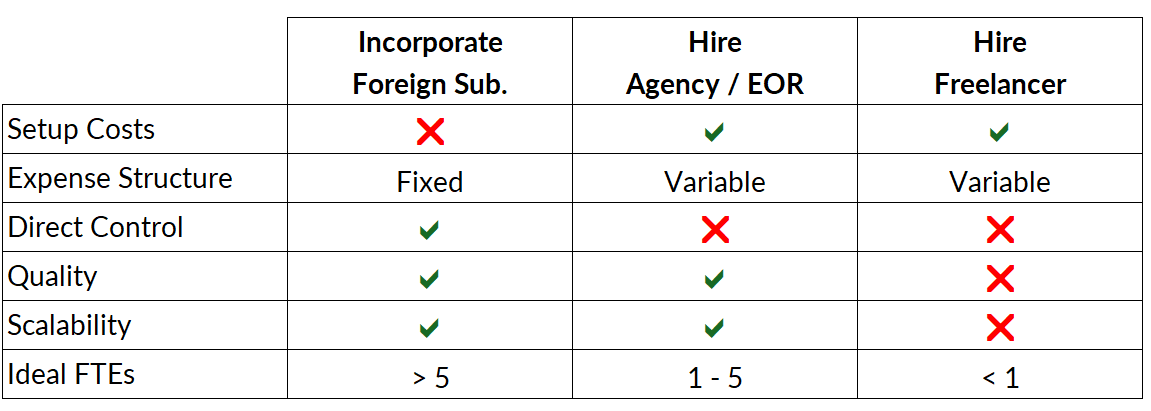In your journey as a small business owner, mastering cash flow management is more than crunching numbers; it’s the lifeblood that determines whether your dream thrives or just survives. Picture your business not just balancing the books, but flourishing—growing steadily and resiliently in the face of challenges. Effective cash flow management isn’t just about numbers; it’s about empowering your business with the financial ability to take on new opportunities and gracefully weather any storm. In this article, we’ll delve into three practical cash flow optimization techniques, each designed to empower small businesses with the tools they need to maintain a healthy financial foundation.
What are the 3 major types of cash flow?
The three major types of cash flow are:
- Operating Cash Flow: Cash generated from a company’s core business operations.
- Investing Cash Flow: Cash used for or received from investment activities, like buying or selling assets.
- Financing Cash Flow: Cash flow associated with funding the business, including debt, equity, and dividend payments.
Streamlining Cash Receipts
Efficient management of accounts receivable is pivotal to achieving small business cash flow optimization. By streamlining these processes, companies can accelerate cash inflows, significantly impacting their overall financial health. This process involves:
- Adopting digital invoicing systems to reduce delays.
- Offering incentives for early payments to encourage quicker turnover.
- Consistently monitoring outstanding invoices to identify and address late payments proactively.
- Implementing auto-pay options.
- Requiring advanced deposits.
Such measures not only aid cash flow optimization but also bring greater predictability to financial planning, ensuring that businesses are not left waiting for critical funds to sustain operations or pursue growth opportunities. Managing Vendor Payables Strategically
Strategic management of accounts payable is another key aspect of optimizing cash flow in small businesses. It involves aligning outgoing payments with the availability of funds, vendor importance, and related vendor negotiations. This can be achieved through:
- Optimal cash flow forecasting, allows businesses to plan payments around their expected cash inflows.
- Prioritizing payments, settling critical supplier invoices first, for instance.
- Leveraging opportunities such as early payment discounts can also ease financial pressure.
By managing payables in this calculated manner, businesses can:
- Avoid cash shortages.
- Reduce the risk of incurring late payment penalties.
- Maintain healthy relationships with suppliers.
Mastering Inventory Management
Effective inventory management is vital in steering a small business towards financial stability and growth. Here’s how smart inventory management can aid in maintaining a healthier cash flow:
- Optimized Stock Levels: Keeping your inventory aligned with customer demand helps prevent funds from being unnecessarily tied up in excess stock, ensuring more cash is available for other business needs.
- Reduced Holding Costs: By maintaining optimal inventory levels, you can significantly lower storage and insurance costs, translating into better cash flow efficiency.
- Just-in-Time Inventory: Adopting this approach minimizes the time that items sit in storage, reducing overhead costs and allowing you to pivot quickly to changes in demand, thereby enhancing financial flexibility.
By incorporating these strategies, inventory management transcends a mere operational task to become a cornerstone of your business’s financial strategy, fostering enhanced liquidity and operational agility.
Conclusion
In summary, optimizing cash flow remains a crucial element in the success of any small business. By effectively streamlining accounts receivable processes, managing accounts payable with foresight, and mastering inventory management, businesses can markedly boost their financial flexibility and stability. These strategies don’t just enhance your immediate cash position; they build a robust foundation for ongoing growth and resilience, enabling your business to navigate and thrive amidst the ever-evolving financial challenges of today’s dynamic market.
If you’re looking to refine your cash flow management strategies further or seek expert guidance on financial planning, CFOShare is here to help. Our team of professionals is equipped with the knowledge and tools to assist you in strengthening your business’s financial health. Reach out to us today to see how our team may help with cash flow management.
This article was written by a CFOshare employee with assistance from generative AI for rhetoric, grammar, and editing. The ideas presented are a combination of the author’s expertise, original ideas, and industry best practices.




